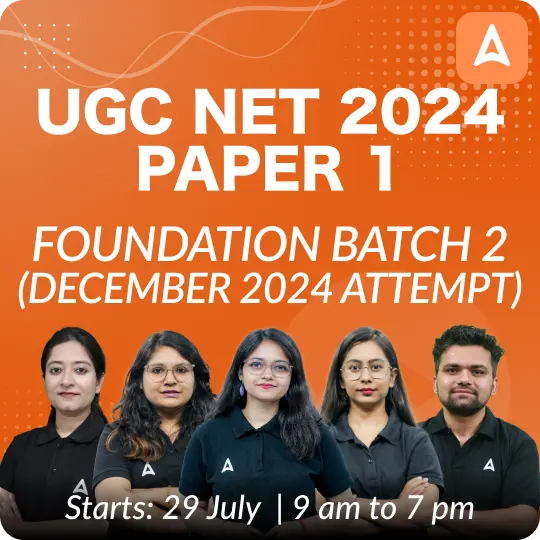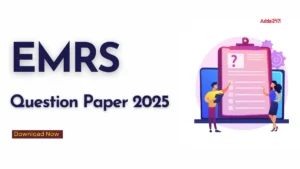Table of Contents
PhD Educational Qualification
The educational qualifications required to be eligible for a PhD program in India are:
- A postgraduate degree (Master’s or M.Phil) from a recognized university or institution in a related field with a minimum of 55% marks0p or equivalent. Some universities may also accept candidates who have a Bachelor’s degree with a minimum of 60% marks, along with a relevant postgraduate diploma or certificate course.
- UGC NET/CSIR Qualified
- The postgraduate degree should be in a subject that is related to the area of research the candidate wishes to pursue in their PhD program.
- In addition to the minimum marks requirement, some universities may also have specific subject-wise requirements for eligibility. For instance, a candidate may be required to have a Master’s degree in Physics to be eligible for a PhD program in Physics.
- Candidates who are in their final year of their postgraduate degree may also apply for a PhD program, but their admission is usually conditional upon the successful completion of their degree with the required marks.
PhD Age Limit
There is generally no upper age limit for pursuing a PhD in India. However, some universities or funding agencies may have their own age restrictions for providing scholarships or fellowships.
The University Grants Commission (UGC) sets the upper age limit for Junior Research Fellowship (JRF) at 31 years, while for the National Eligibility Test (NET), there is no age limit. However, these age limits are specific to the eligibility criteria for the scholarships and not for the PhD program itself.
However, in some universities candidates who are relatively young may be preferred, as PhD programs require a significant investment of time and resources, and younger candidates may be more likely to complete their research in a timely manner. However, this preference is usually not stated as a formal age limit, and universities are more likely to consider factors such as the candidate’s academic qualifications, research experience, and potential for contributing to the field of study.
UGC NET Revises Rules For PhD Admissions
PhD Work Experience
Having work experience is not usually a mandatory requirement for pursuing a PhD in India. However, some universities may prefer candidates who have some relevant work experience, particularly if it is in a research or academic field. In such cases, work experience may be considered a positive factor in the selection process and may give the candidate an advantage over others who do not have work experience.
Work experience can also be helpful in developing research skills and in gaining practical knowledge in the field of study. Candidates with work experience may also have a better understanding of the practical applications of their research and be able to contribute to the field in a more meaningful way.
However, work experience alone may not be sufficient for admission to a PhD program, and candidates will still need to meet the other eligibility criteria, such as educational qualifications, entrance exam scores, and research proposal as mentioned above. Ultimately, the selection of candidates for a PhD program is based on a combination of factors, including academic qualifications, research potential, work experience (if any), and other relevant factors.
Is UGC NET mandatory for PhD in India?
We always have a big question when applying for PhD Admissions :”Is UGC NET mandatory for PhD in India?“. UGC NET is not strictly mandatory for pursuing a PhD in India, but recent regulations emphasize its significance. As per the updated rules, 60% of PhD seats in affiliated universities are reserved for students who qualify for the UGC NET or Junior Research Fellowship (JRF). The remaining 40% seats are filled through entrance exams conducted by the universities or colleges.
While UGC NET is not compulsory for all PhD admissions, qualifying it offers several advantages, including better career opportunities and eligibility for promotions in academia.
The Eligibility Criteria for PhD program admission may differ from university to university. Moreover, the requirements may vary depending on the field of study, the availability of scholarships/fellowships, and other factors within the respective Universities. Candidates are advised to check the eligibility criteria of the universities they are interested in before applying.




 UP LT Grade Teacher Question Paper 2025 ...
UP LT Grade Teacher Question Paper 2025 ...
 EMRS Question Paper 2025 Released, Downl...
EMRS Question Paper 2025 Released, Downl...
 CSIR NET Life Science Salary, What to Ex...
CSIR NET Life Science Salary, What to Ex...












